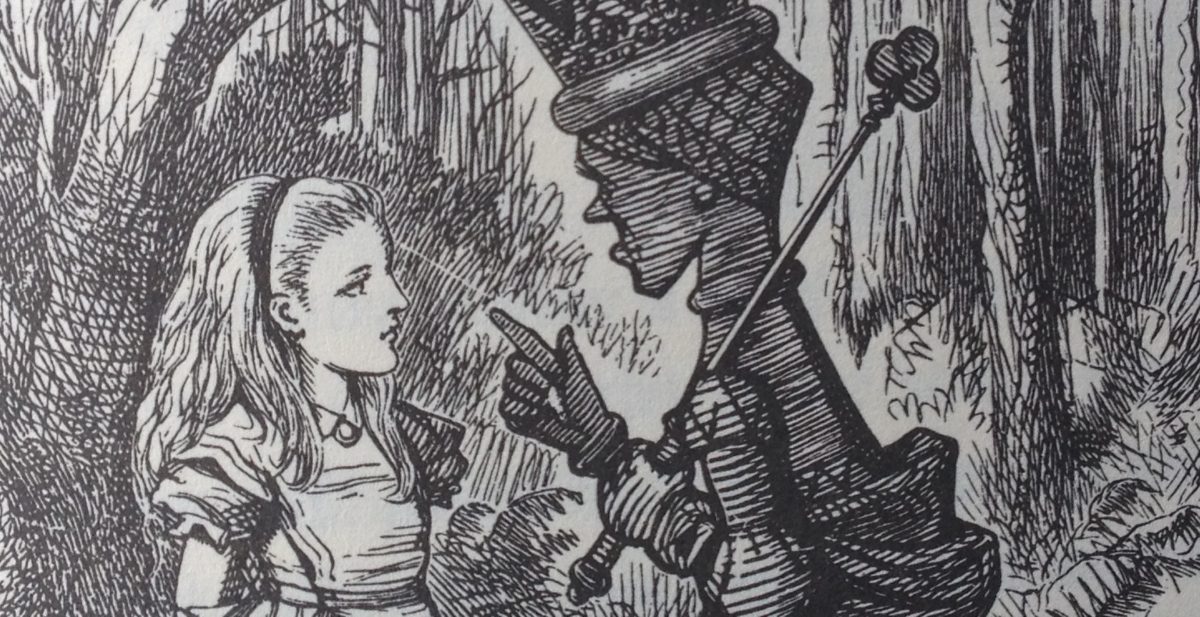Trust comes up often in roleplaying discussions. Relevant to my articles is defining FKR as a “high-trust” style as it is frequently called, but what is trust in the gaming context?
Trust is divided into two separate concerns. The first is the trust on the other players – GM included – to act in good faith without any abuse of others or relative power. The second, more GM-specific but not limited, is trust that they will fulfill their role with efficiency and create a satisfying experience as desired by the table. Both to me seem perfectly natural concerns, however I’m consistently baffled by the proposed solution to the issue: the presence of player-facing mechanics (preferably from a rulebook) all must adhere to prove their seriousness and minimize GM fiat. I’m baffled because the rationale for this as solution eludes me.
Trust in gaming, in my case, is not earned by the individuals but fully given when I agree to play. All that it requires for me to be in the same table as others, and stay there, is interest in the game subject and not having too distasteful relations with someone else. No configuration of procedures or else requires my trust or increases it. If I don’t trust, there’s no reason to play with that group, and therefore every game I’m in is predicated on high trust the moment it happens. If that trust is broken either by display of bad faith or incapacity to fulfill a role, that indicates that the other broke the trust, not that there was anything they could do previously to increase my trust. The search for another table begins, and trust is there to be handled again.
I don’t follow that the presence of player-facing mechanics predicates increased trust instead of just being a gaming preference where collective system mastery leads to a specific experience the table wants, which has nothing to do with trust – never mind that bad faith or incompetence can still happen. So if trust isn’t earned from me, just fully assumed – and indeed I presume a distrustful me would ironically not engage and therefore either fail at their role by distraction or act in bad faith –, why would it be earned in any situation?
I have never asked to check my players’ rolls nor of the GM. This is due to the given trust – that we are all following social procedure by sitting at the table –, and because I don’t lose time imagining why any of them would deliberately exclude themselves from the fun of the game by “cheating”. The presence of rules for what the dice mean, and collective understanding of them, doesn’t create the trust, and honestly not even adherence to them – I would not mind if they lied about rolls a priori. Their presence is simply an expression of the desired enjoyment, and if a player “broke them”, I would assume that was done to keep the principles of that game’s creative agenda in mind and fulfill their role as participants. It just happens that, for example, OSR’s creative agenda uses open rolls as technology due to the chaos and tension, so ignoring the dice wouldn’t be a break of trust because a mechanic was broken, but because the specific creative project was altered with no gain, and that could in fact happen in many situations where the player-facing mechanics are in fact followed.
I don’t depend on player-facing rules to trust a GM either. I may question a ruling if it doesn’t match my understanding of the setting, situation and precedents, but I can’t help but fully trust that anyone who would bother conducting a game is indeed acting to their best capacity and have assembled the best collection of procedures and principles as they understand as necessary, otherwise there would be no point. This is not naiveté, in my view, but a practical understand of the work and time invested in gaming, plus the notion that breaks of fully given trust reflect on the breaker, not me. Besides, I would feel deviation from the creative agenda knowing the rulebook or not. The worst that can happen by conceding trust as I do is having a disappointing session, and I have experienced my fair share of traumatic violence to not see this as a big worry.
FKR is high-trust. Isn’t all gaming the moment you sit? Why would FKR be pointed out as high-trust singularly, if no knowledge of rules and vigilance can save me? Ironical as it is for this blog, why doubt?

I think one of the deviation between high and low trust is that the players are looking to play The Game first and play The DM’s Game second. Or if you really want it is that they treat the what the DM’s give as levels–not character levels but Stage A-4.
LikeLike
The reason it’s baffling is because the idea of player-facing mechanics isn’t really about trust, it’s about who has say. I may trust that you (general) are going to be doing a damn fine job as a GM but still want player facing mechanics because I want to play a game where I know exactly how I can take control of this or that situation and what that would look like. It’s not really a trust issue.
Or rather, if it’s a trust issue you need to go back to interpersonal trust to be playing in good faith, because that’s where you are broken.
LikeLike